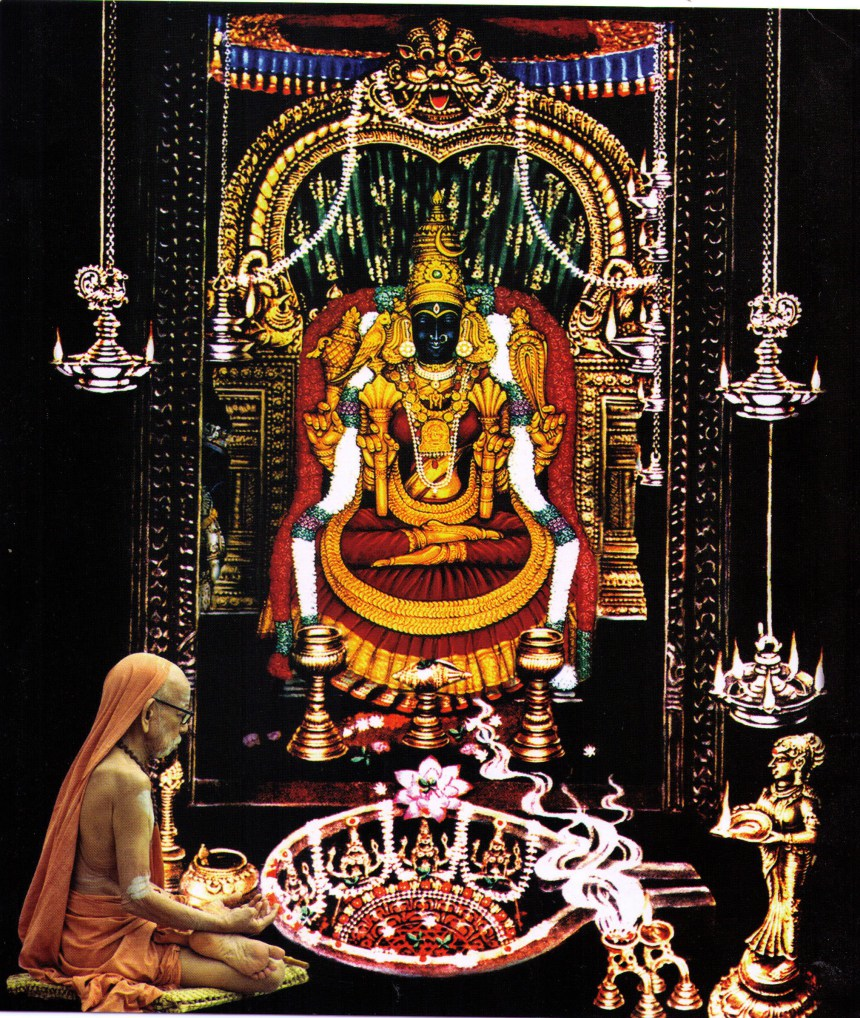Great men have spoken in the past about the evil done by the carnal desire. Remarkably enough, our Vedic dharma has turned the same into an instrument for the purification of the Self by means of samskara and by imparting to it an element of propriety. It is not easy for an ordinary man to go to the forest and live as a recluse there or become a sannyasin. To become mellow, he has to go through all the rough and tumble of life, experience all the joys and sorrows of his worldly existence. In the years of tenderness he must taste bitter, in boyhood or student-bachelorhood he must taste astringent, as an unripe fruit [in youth] he must taste sour and as a mellow fruit [in old age] he must taste sweet. Ordinary people must go through all these stages so as to become mellow finally and to be filled with sweetness. What has not ripened naturally, or by itself, cannot be ripened forcibly. In this context one is reminded of the words of Ramalingaswamigal who speaks of a "prematurely ripe and withered fruit dropping". The sages know that such would be the result if a man were forced into maturity by going against nature. The duties of marriage and the life of a householder are intended to make a person mellow naturally. Besides are there not many beings that are to be born again as a consequence of their past karma? How can they be reborn in the absence of the samskara called marriage?
The householder has to continue to chant the Vedas he was taught as a brahmacarin. He has also to teach these scriptures, perform a number of sacrifices and rites like aupasana and sandhyavandana. At present the conduct of sacrifices has become rare and not many learn the Vedas. But the tradition of sandhyavandana and Gayatri-japa is still followed though only to a very small extent. I will now speak about the Gayatri mantra.

